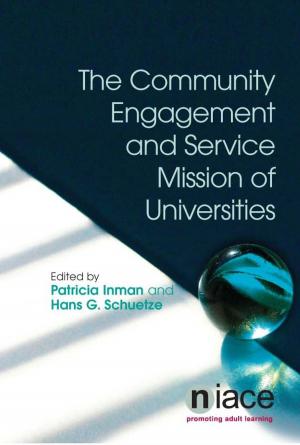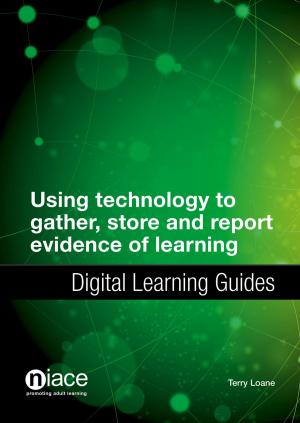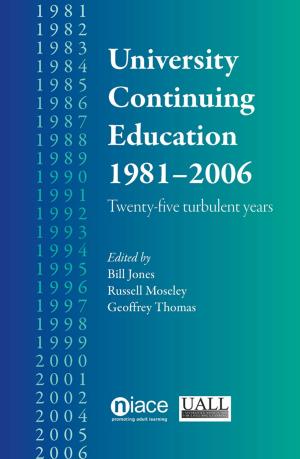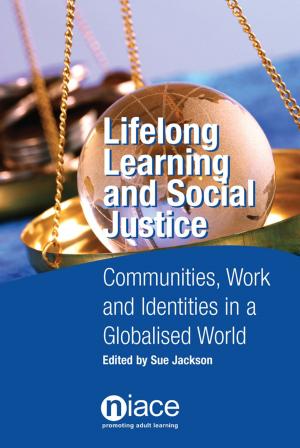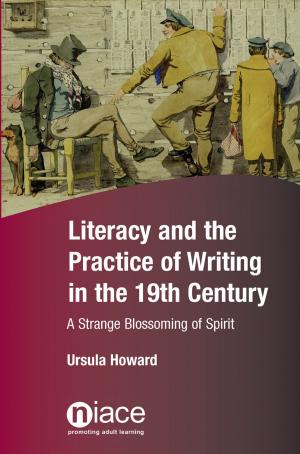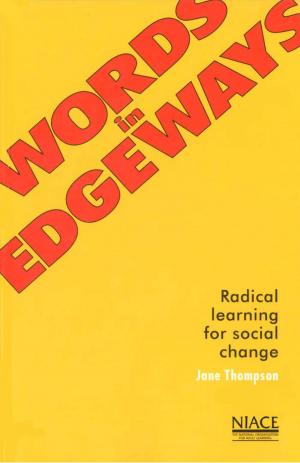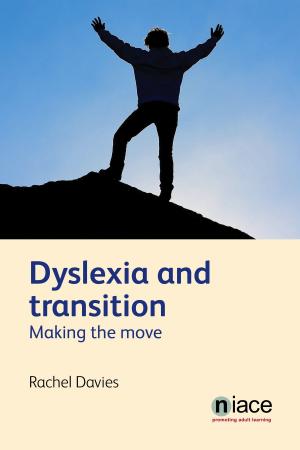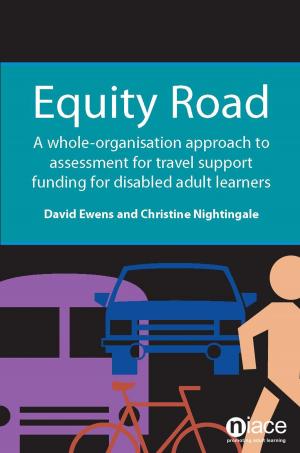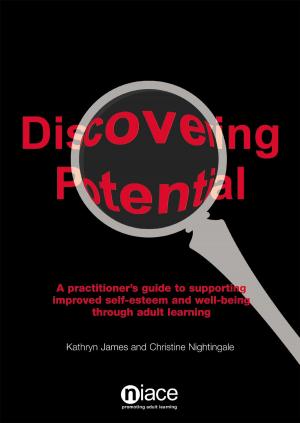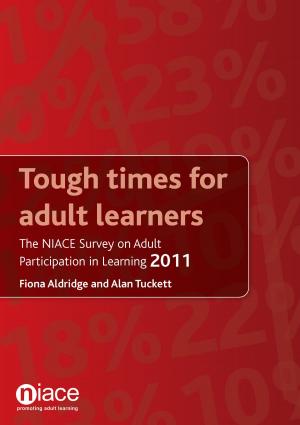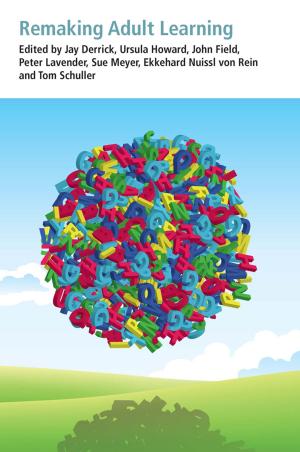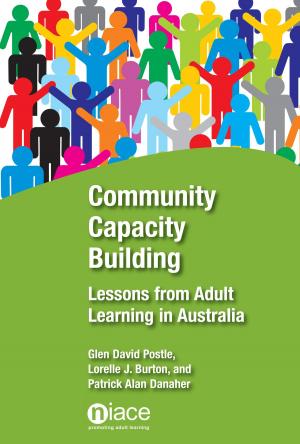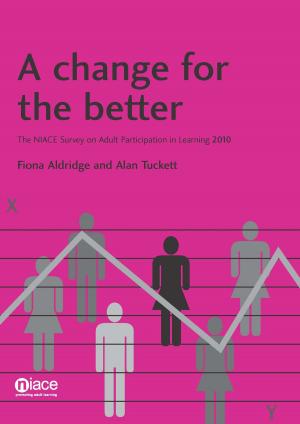Researching the Recognition of Prior Learning: International Perspectives
Nonfiction, Reference & Language, Education & Teaching, Educational Theory, Evaluation, Adult & Continuing Education| Author: | ISBN: | 9781862014985 | |
| Publisher: | National Institute of Adult Continuing Education (NIACE) | Publication: | June 30, 2011 |
| Imprint: | National Institute of Adult Continuing Education | Language: | English |
| Author: | |
| ISBN: | 9781862014985 |
| Publisher: | National Institute of Adult Continuing Education (NIACE) |
| Publication: | June 30, 2011 |
| Imprint: | National Institute of Adult Continuing Education |
| Language: | English |
What is new in the recognition of prior learning (RPL) research? How does research in different countries compare? What is next for RPL? A rapidly developing approach across the world, RPL is an educational response to the need to widen participation in education and training for economic advancement and social inclusion.
A rapidly developing approach around the world, the Recognition of Prior Learning (RPL) is the practice of acknowledging the knowledge and skills that people have acquired formally, non-formally and informally – through work and life experience, training programmes, community activities as well as through unaccredited periods of formal learning. It is used in post-secondary education and training contexts for admissions and/or advanced standing, as well as in workforce development and for occupational and professional certification. Since the mid-1990s, many governments around the world have closely linked RPL with national qualification frameworks and lifelong learning
policies.
This volume is an authoritative, up-to-date overview of international research practice in RPL aimed at researchers, policy-makers, postgraduate students and practitioners in education and other professional fields, especially those concerned with access, widening participation and work-based learning. It provides a comprehensive account of current research in the UK, Canada, Sweden, Australia, South Africa, the USA and other EU and OECD countries. Scholars from each country or jurisdiction were invited to address key questions: Who is doing research? How are they doing it, and why? What questions are being asked?
Designed to consolidate international approaches and identify research gaps, possibilities and emerging questions to support the development of innovative research and scholarship into the theory and practice of RPL over the next decade, this book lays the groundwork for the development of RPL as a community of scholarship.
What is new in the recognition of prior learning (RPL) research? How does research in different countries compare? What is next for RPL? A rapidly developing approach across the world, RPL is an educational response to the need to widen participation in education and training for economic advancement and social inclusion.
A rapidly developing approach around the world, the Recognition of Prior Learning (RPL) is the practice of acknowledging the knowledge and skills that people have acquired formally, non-formally and informally – through work and life experience, training programmes, community activities as well as through unaccredited periods of formal learning. It is used in post-secondary education and training contexts for admissions and/or advanced standing, as well as in workforce development and for occupational and professional certification. Since the mid-1990s, many governments around the world have closely linked RPL with national qualification frameworks and lifelong learning
policies.
This volume is an authoritative, up-to-date overview of international research practice in RPL aimed at researchers, policy-makers, postgraduate students and practitioners in education and other professional fields, especially those concerned with access, widening participation and work-based learning. It provides a comprehensive account of current research in the UK, Canada, Sweden, Australia, South Africa, the USA and other EU and OECD countries. Scholars from each country or jurisdiction were invited to address key questions: Who is doing research? How are they doing it, and why? What questions are being asked?
Designed to consolidate international approaches and identify research gaps, possibilities and emerging questions to support the development of innovative research and scholarship into the theory and practice of RPL over the next decade, this book lays the groundwork for the development of RPL as a community of scholarship.

